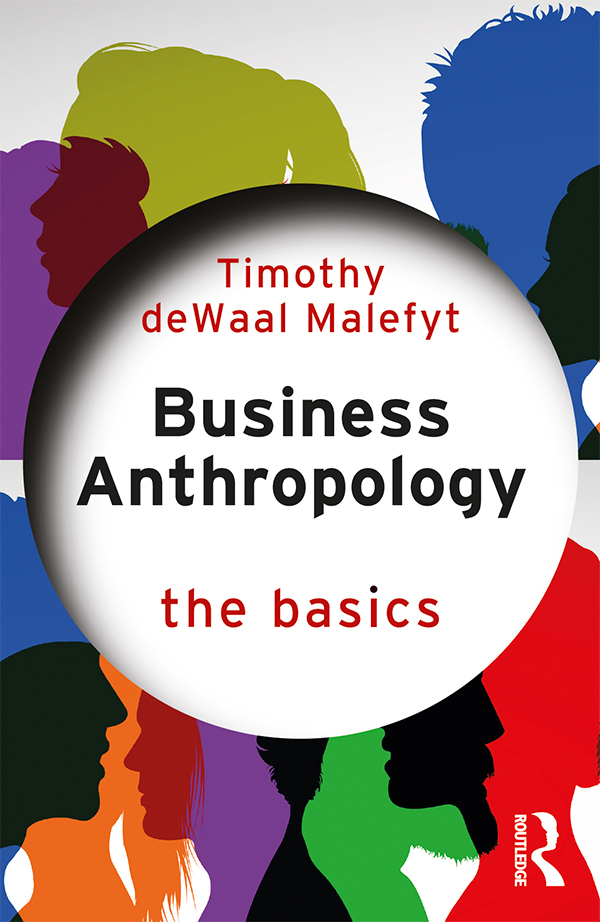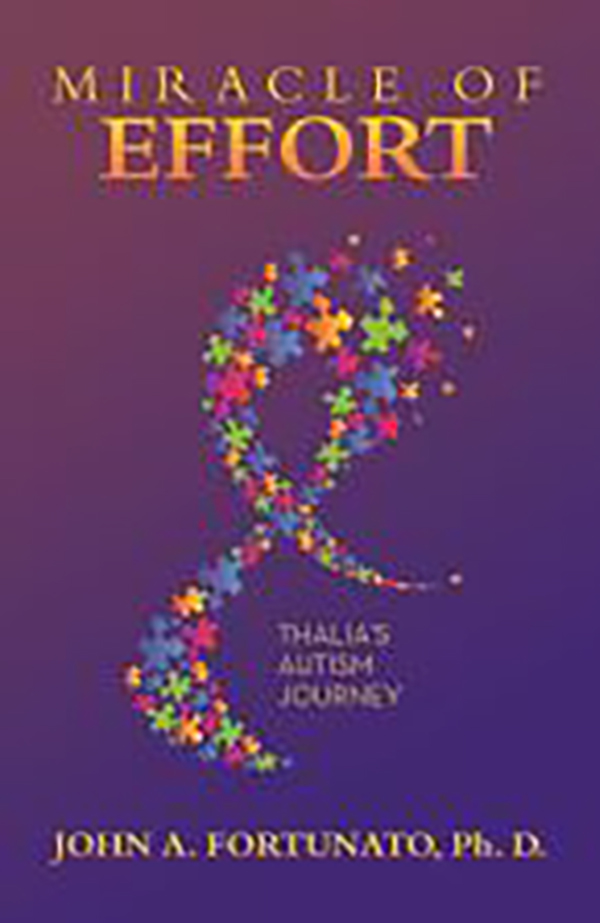Books
Business Anthropology 101

Q: Why is studying business anthropology essential to our understanding of business?
The first premise of this book is to inform anthropology students, beginning practitioners, and curious non anthropologists about the ways in which anthropology provides an intellectual and practical framework for seeing and dealing with the larger ‘why’ questions of human behavior in business and society. It shows ways of addressing issues holistically, identifying with people empathetically, acting reflexively, and understanding situations from an insider’s point of view.
Q: How does business anthropology differ from traditional anthropology?
Q: How can anthropology be used as a problem-solving tool for businesses?
Q: How can business anthropology benefit the consumer?
For instance, what are the analogies to be made between cult brands, current brands, and the communities they represent? Saab and Harley-Davidson online sites offer strong brand communities whose members tend to share more rituals, history, and tradition when compared with less cultish brands, such as Ford or Toyota. Their rituals and traditions take forms in greeting rituals, coded language associated with the brand community, celebration of special events and member milestones, sharing the history of the brand, and brand stories. Applying anthropological theories to modern-day ritualized communities lets anthropologists address the ‘why’ questions of strategic importance for corporations. Anthropologists can also build off such comparisons to help the public better understand similarities and differences in family-run businesses or online community formations among brands in the world around them.
Q: What are some career paths for business anthropologists?
Miracle of Effort: Thalia’s Autism Journey
“This is a family story,” Fortunato said. “Thalia is my cousin’s daughter and her unique journey with autism is truly inspirational.”
Thalia was diagnosed with autism spectrum disorder when she was two years old. Miracle of Effort chronicles her life from her toddler years to graduating college and becoming an elementary school teacher. Through the lens of the family’s personal experience, Fortunato offers a glimpse of the lives of children with autism and their families—their emotions, challenges, sacrifices, and the difficult decisions they face at different stages throughout a child’s life. He intended the book to be an offering of hope to the many families and individuals who are touched by this developmental disorder. “The idea,” Fortunato noted, “was that the time and effort to do the book would be worth it if we could help just one family better navigate this situation.”
Through her obstacles with early childhood development, schoolwork, and the emotional challenges of growing up, Thalia and her parents show what can be achieved with perseverance, hard work, a positive outlook, and the unwavering support of family. “As Thalia says, ‘an autism diagnosis does not mean that a child cannot be successful,“ Fortunato said. “It just means that he or she will see the world in a different light.’ Thalia’s simple hope in telling her story is ‘to inspire autistic individuals to live up to their full potential and provide optimism to families.’”
